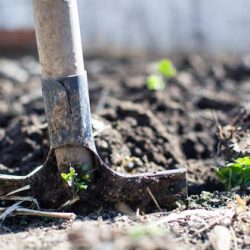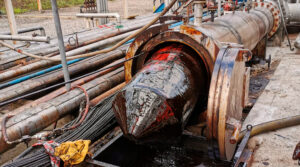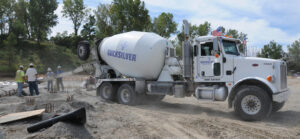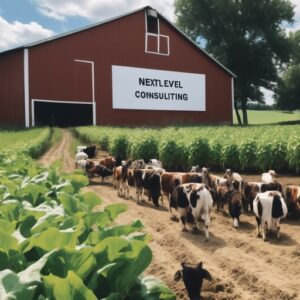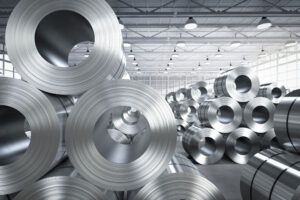In the vast expanse of agricultural operations, efficiency is key to success. Yet, amidst the sprawling fields and bustling barns, one often overlooked aspect plays a crucial role: human capital. While technology and machinery have revolutionized farming practices, the human element remains irreplaceable. However, harnessing the full potential of human resources on a farm requires strategic management and optimization. This is where human capital consulting steps in, offering invaluable expertise to enhance productivity, cultivate a skilled workforce, and navigate the challenges of modern agriculture.
Understanding Human Capital in Agriculture
Human capital encompasses the knowledge, skills, and abilities of individuals working within an organization. In the context of agriculture, human capital extends from farmers and farmhands to agronomists and agricultural engineers. Each individual contributes to the overall productivity and success of the farm.
Skills Development and Training
Agricultural practices continue to evolve with advancements in technology and sustainability initiatives. To remain competitive, farms must invest in continuous training and skills development for their workforce. Human capital consultants assess the existing skill sets within the farm and identify areas for improvement. They design tailored training programs to enhance proficiency in areas such as precision farming, pest management, and equipment operation.
Moreover, training programs can also focus on safety protocols and regulatory compliance, mitigating risks and ensuring a secure working environment for farm workers. By investing in the professional development of their employees, farms foster a culture of learning and innovation, driving long-term growth and sustainability.
Talent Acquisition and Retention
Recruiting and retaining skilled workers pose significant challenges for farms, particularly in rural areas where labor shortages are common. Human capital consultants utilize their expertise in talent acquisition strategies to attract qualified candidates and reduce employee turnover.
Through comprehensive recruitment processes, farms can identify individuals who not only possess the necessary technical skills but also align with the farm’s values and culture. Furthermore, consultants can advise on employee engagement initiatives, such as performance incentives and career development opportunities, fostering loyalty and commitment among staff members.
Organizational Development
Effective farm management extends beyond field operations to encompass organizational structures and processes. Human capital consultants analyze the existing organizational framework and identify areas for optimization. This may involve restructuring departments, streamlining communication channels, or implementing performance management systems.
By fostering a collaborative and transparent work environment, farms can enhance productivity and adaptability in response to changing market conditions. Additionally, consultants may assist in succession planning, ensuring a smooth transition of leadership and knowledge transfer between generations of farmers.
Diversity and Inclusion
Diversity and inclusion are increasingly recognized as essential components of a thriving workplace environment. Human capital consultants advocate for diversity initiatives within farms, promoting equal opportunities for individuals from diverse backgrounds.
By embracing diversity, farms can access a broader talent pool and foster creativity and innovation. Moreover, inclusive practices contribute to a positive workplace culture, where all employees feel valued and respected. Consultants work closely with farm management to implement diversity training programs and establish inclusive policies and practices.
Strategic Planning and Change Management
In today’s rapidly evolving agricultural landscape, farms must adapt to emerging trends and market dynamics. Human capital consultants play a pivotal role in strategic planning and change management, guiding farms through periods of transition and transformation.
Whether integrating new technologies, expanding into new markets, or implementing sustainable practices, consultants provide strategic insights and actionable recommendations. By aligning human capital strategies with overarching business objectives, farms can navigate change effectively and maintain a competitive edge in the industry.
Conclusion
In the intricate tapestry of modern agriculture, human capital serves as a linchpin for success. By investing in the development, recruitment, and retention of skilled workers, farms can enhance productivity, innovation, and resilience. Human capital consulting offers invaluable expertise and guidance, empowering farms to optimize their workforce and thrive in an ever-changing environment.
As farms embrace the principles of strategic human resource management, they position themselves for long-term growth and sustainability. By nurturing a culture of learning, diversity, and inclusivity, farms not only cultivate crops but also cultivate talent, laying the foundation for a prosperous future in agriculture.

